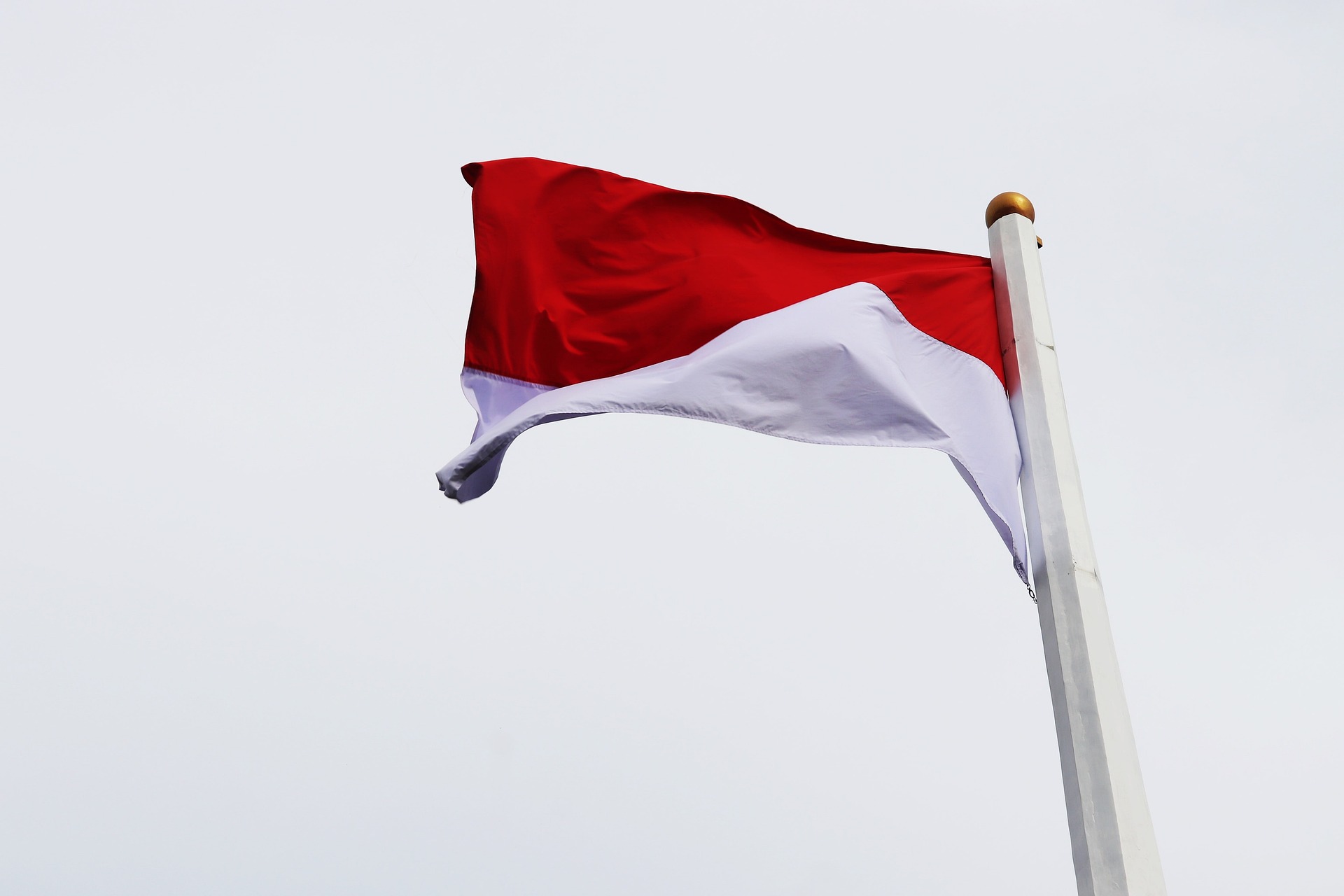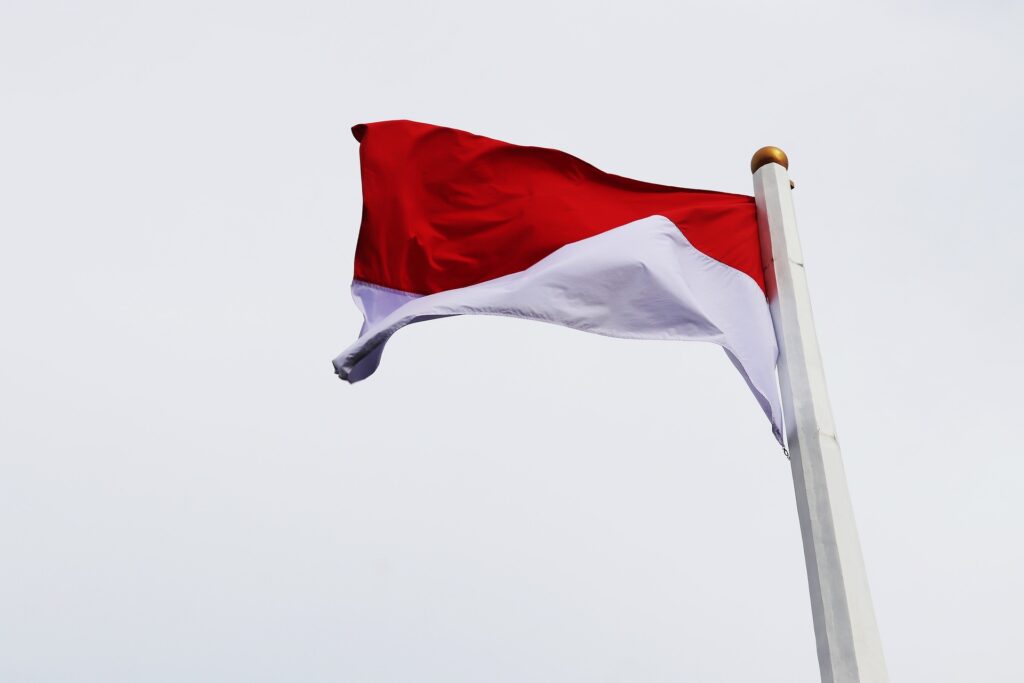
Image: Pixabay
Indonesia, the world's largest consumer of palm oil biodiesel, is now working to introduce ethanol mandates for gasoline to further reduce imports of the fossil fuel and carbon emissions, but will first have to secure more feedstock and solve thorny technical problems.
Indonesia imported about 60% of the gasoline it consumed last year at a cost of $17 billion, and aims to replicate the success it has had with biodiesel mandates that have reduced billions of dollars in diesel import bills.
{module Form RD}
While much of Indonesia's emissions reductions come from forest management and the closure of coal-fired power plants, it also hopes to achieve significant cuts through the use of biofuels and electric vehicles.
This year, the government plans to test gasoline with 5% of ethanol in Surabaya, capital of East Java province, Energy Ministry official Dadan Kusdiana told Reuters.
Indonesia plans to eventually set the ethanol content for gasoline at 15% and use it nationwide by 2031, an aggressive target given it has just two plants struggling to secure enough sugar molasses feedstock.
“There are no technical problems for bioethanol. The issue is on the raw material side… If we depend on the existing supply of molasses, we will continue to compete (with other needs),” Dadan said.
With limited ethanol capacity and the country depending on imported sugar to meet domestic demand, including for food, some companies are looking to produce from other raw materials, such as cassava and biomass.
“There are two companies interested in producing bioethanol from biomass… So (the program) would not have to depend entirely on sugarcane production,” said Dadan.
State energy company Pertamina also plans to build a facility to produce bioethanol from cassava and blend gasoline with 5% of bioethanol and 15% of methanol for a blend it calls A20, its chief executive told a parliamentary hearing in January.
BIG APPETITE
Indonesia will burn 45.7 million kiloliters (12.1 billion gallons) of gasoline in 2025 and 50.1 million kl in 2030, according to a study by the Bandung Institute of Technology (ITB).
This means that a 2025 mandate for 5% of ethanol would require 2.29 million kl of ethanol per year, well beyond the current annual fuel bioethanol capacity of 70,000 kl.
A partial answer is greater sugar production, and President Joko Widodo has announced plans to almost quadruple the land for sugarcane plantations to 700,000 hectares in order to achieve self-sufficiency in sugar for food and fuel within five years.
DIESEL SUCCESS
In February, Indonesia increased its mandatory palm oil biodiesel blend to 35% from 30% in 2020. Its eight-year program cut diesel imports, helped turn a current account deficit into a surplus and mopped up excess production resulting from the greater difficulty in sending palm oil to Europe.
Indonesia reduced diesel import costs in 2022 by $8.34 billion through its B30 mandate and expects to save $10.75 billion this year under the B35 mandate, according to government data.
The palm industry can also help solve the bioethanol problem through the supply of biomass if the technology and production processes can be worked out.
Indonesia could produce about 5.6 million kiloliters of bioethanol per year from palm trunk sap alone, ITB found, based on a replanting rate of 4% from 16 million hectares of palm plantations.
Source: Notícias Agrícolas













